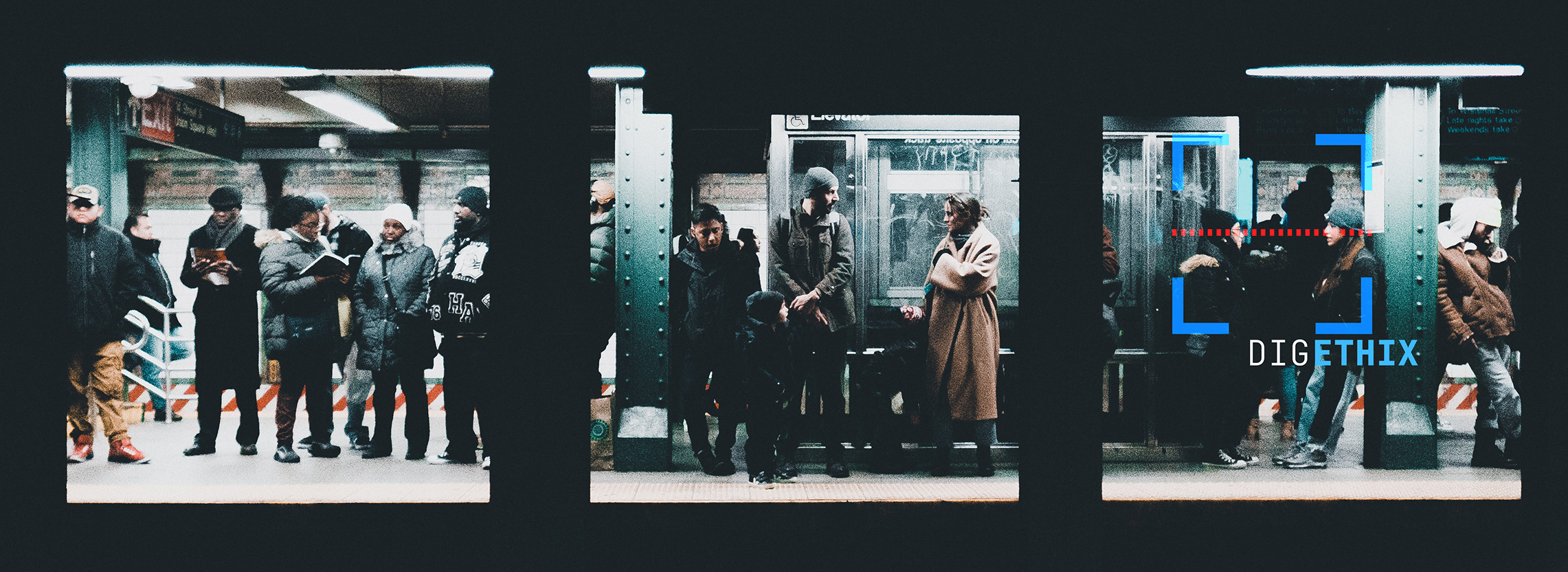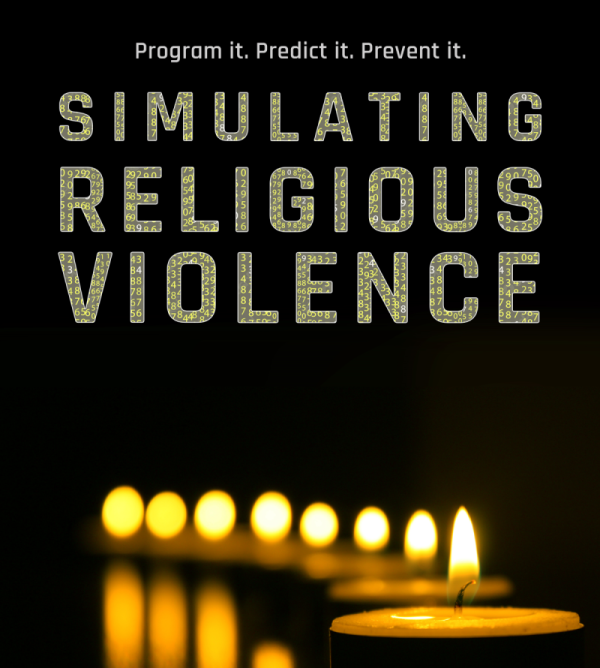This episode features an interview with Dr. Jenn Lindsay and Dr. Wesley Wildman on the forthcoming documentary film, ‘Simulating Religious Violence.’ This film explores a team of researchers seeking to build the kind of computational model that I just mentioned. Dr. Lindsay directed the film. She is Professor of Sociology and Communications at John Cabot… Continue reading Computational Simulation in Practice: ‘Simulating Religious Violence’ Documentary Interview
The Crux / March 5, 2023 ChatGPT is a hot topic these days, often with more questions than answers. Dr. Wildman, professor of Philosophy, Theology, and Ethics at Boston University, and his “Data, Ethics, and Society” class put together the first-ever blueprint for the academic use of Chat GPT and similar AI models. The… Continue reading Where AI and Ethics Intersect
Spark Dialog / February 2, 2021 If you lost a limb, would you use technology to help you regain some of your ability? What if you were deaf? Chances are, if technology could help you, you probably would jump at the opportunity. But how about taking it one step farther. What if technology could… Continue reading Merging Man and Machine: Transhumanism and Religion
Center for Mind and Culture / May 16, 2023 Generative AI has been at the forefront of discussions about the future of almost every field recently. It has the potential to drastically transform how we work and how we think. In many ways, the transformation has already begun. Tools like ChatGPT, Bing, and Bard… Continue reading How to use generative AI ethically
Down the Wormhole / March 17, 2021 In part 10 of our Sinai and Synapses interview series, we are talking with Seth Villegas. He is a PhD student in constructive theology at Boston University. He focuses primarily on how technology affects religious and religious-like ideas. His current research examines transhumanist and other secular communities,… Continue reading Elevating the Discourse with Seth Villegas
INTELLIGENT AI robots are coming – and they will have the ability to perform religious ceremonies and could even turn against humans, experts have warned. The U.S. Sun / March 18, 2023 As AI becomes more prominent in our day to day lives, it wasn’t going to be long before the worlds of religion… Continue reading AI Gods & ChatGPT religions are coming – they will be better than human priests & they could turn evil, warns experts
STH researchers introduce high tech to a low-tech discipline BU Today / June 1, 2017 “I don’t even like computers,” Connor Wood confesses. So why is this postdoctoral fellow in religion studies so enthusiastic about the computer simulation displayed on his laptop, resembling the result of an explosion at a spaghetti factory and an… Continue reading What Computer Modeling Can Tell Us about Religion
WBZ News Radio / April 7, 2023 Data science students and professors at Boston University are taking charge when it comes to the ethical use of generative artificial intelligence. The school’s Faculty of Computing and Data Sciences has created a set of guidelines for students and teachers on using programs such as ChatGPT in the classroom.… Continue reading Boston University Creates Guidelines For Using Chatbots In Classroom
Brain-based technologies of spiritual enhancement can induce mystical experiences in many people on demand. What does this mean for spirituality today? Big Think / July 8, 2021 What do you get when you mix transcendental meditation with EEG-guided neurofeedback? What does ultrasound brain stimulation have to teach us about equanimity? Can a virtual reality… Continue reading Mystical experiences on demand? Welcome to spirit tech
Expert philosopher and ethicist shares his thoughts on the ethics and pedagogy of AI text generation in the educational process, discussing how school systems should handle the integration of ChatGPT in classrooms. BU Experts / March 22, 2023 It’s no secret that classroom tools and technologies are constantly evolving. Students used to bring a… Continue reading A Campus with ChatGPT: The Ethics Behind AI Text Generation in Education








